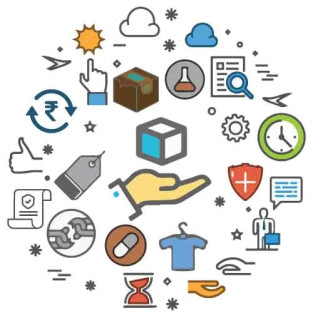This policy covers various expenses incurred in recall of a product with a manufacturing defect (discovered subsequent to its production) to prevent any potential liability that could have arisen due to the use of the defective product.

This policy covers various expenses incurred in recall of a product with a manufacturing defect (discovered subsequent to its production) to prevent any potential liability that could have arisen due to the use of the defective product.
All industries where use of a defective products by consumer can be a cause of liability claim eg. - pharmaceutical, automobiles, food products, children’s toys, domestic and industrial machinery etc.
The base cover in the policy is for Recall Expenses which includes:
Defense Costs (incurred in consultation with Insurer): Expenses incurred on a liability suit in this regard
Pre-Recall Stage:
In fact identifying the issue & planning a structured recall is a very important step in minimizing the impact of the adverse event. Selecting & hiring a Crisis consultant (with consent of Insurer) to mold the negative public perceptions in favor of the Company is a very useful add on cover.Other minor add ons are:
All the direct costs to be incurred in a recall event should be covered:
These are main exclusions in this policy:







